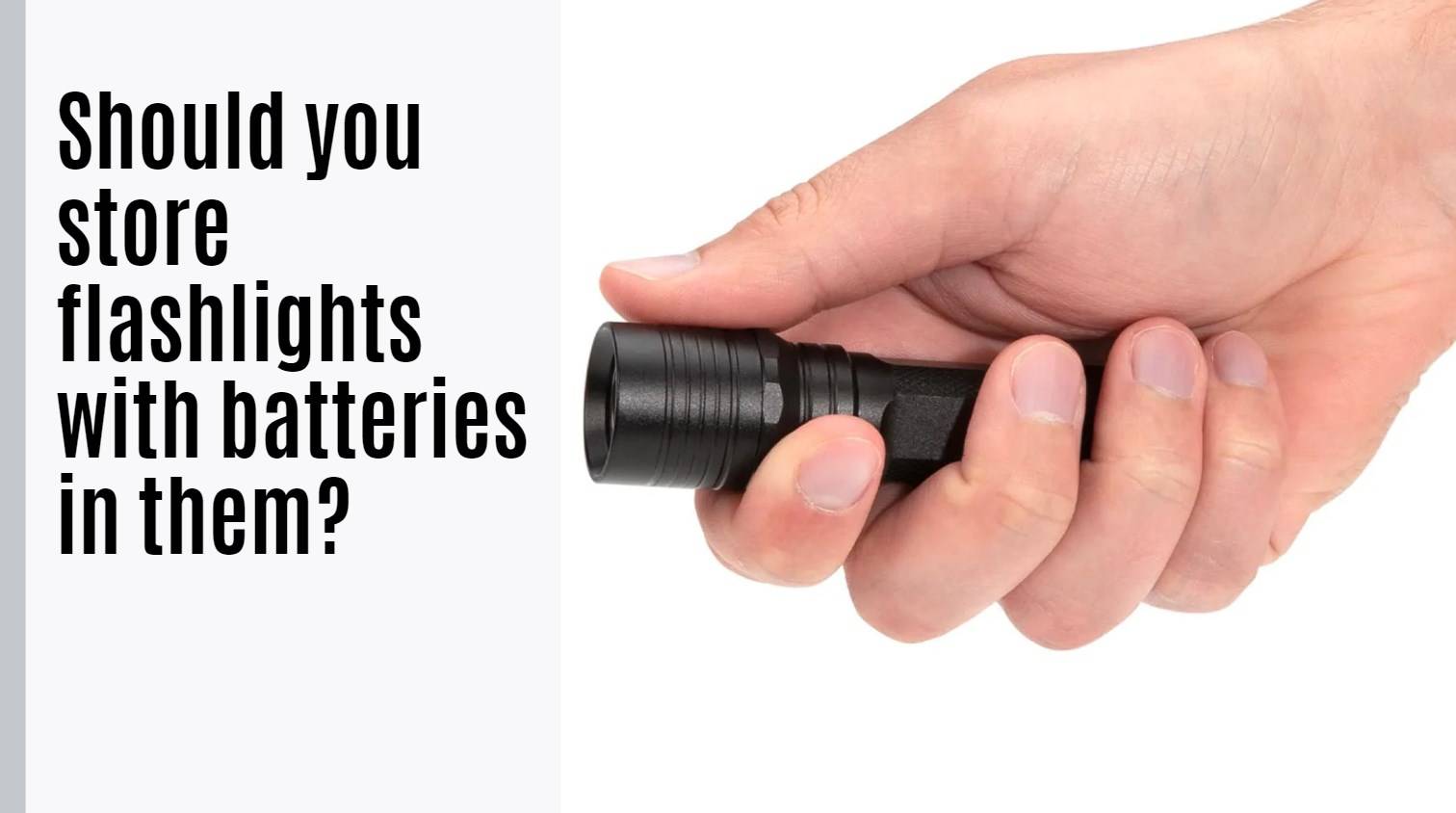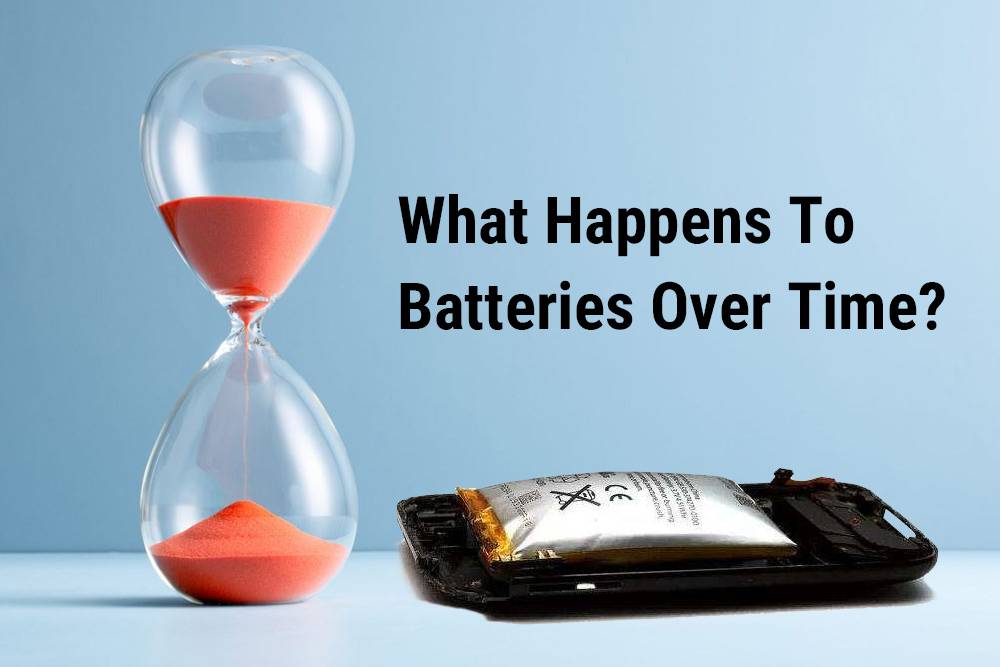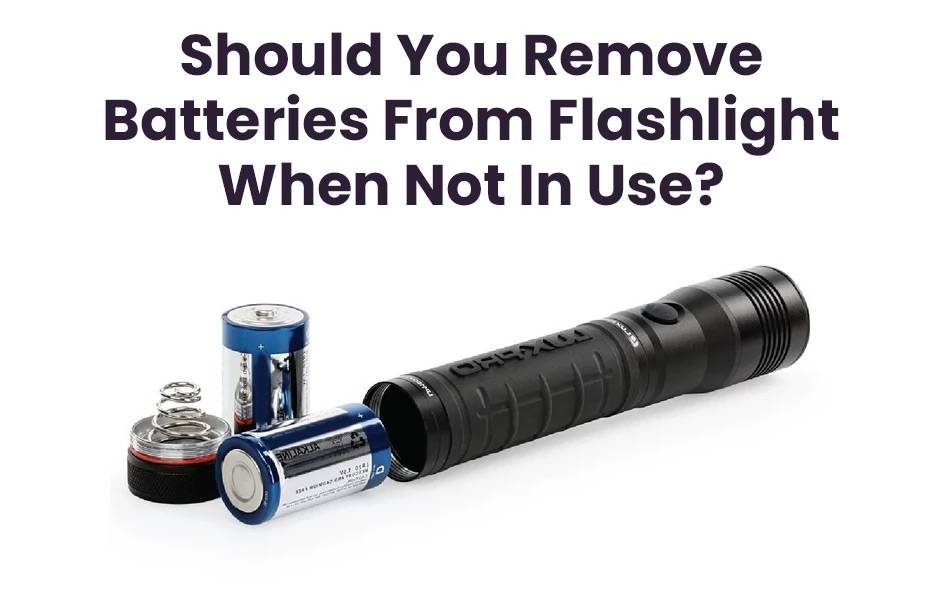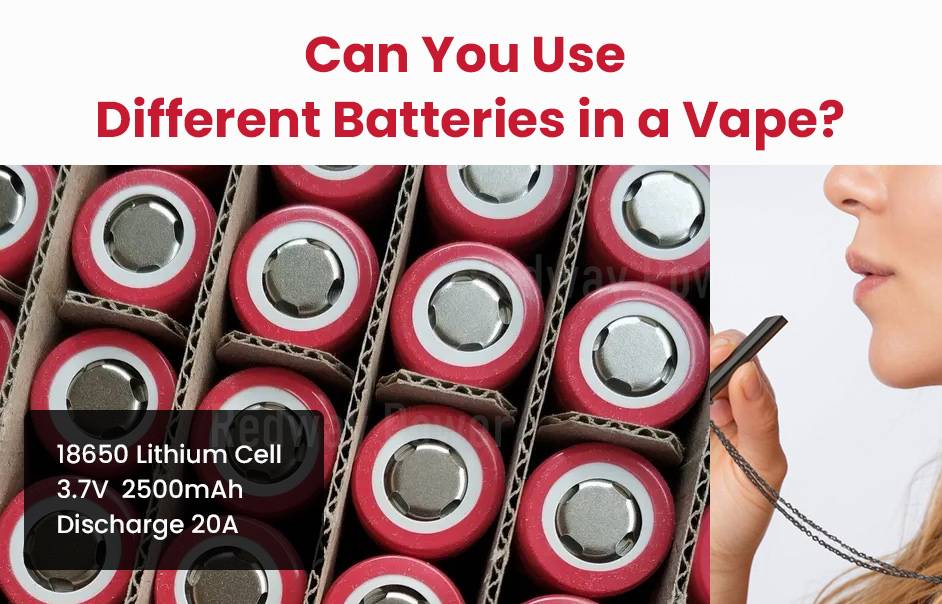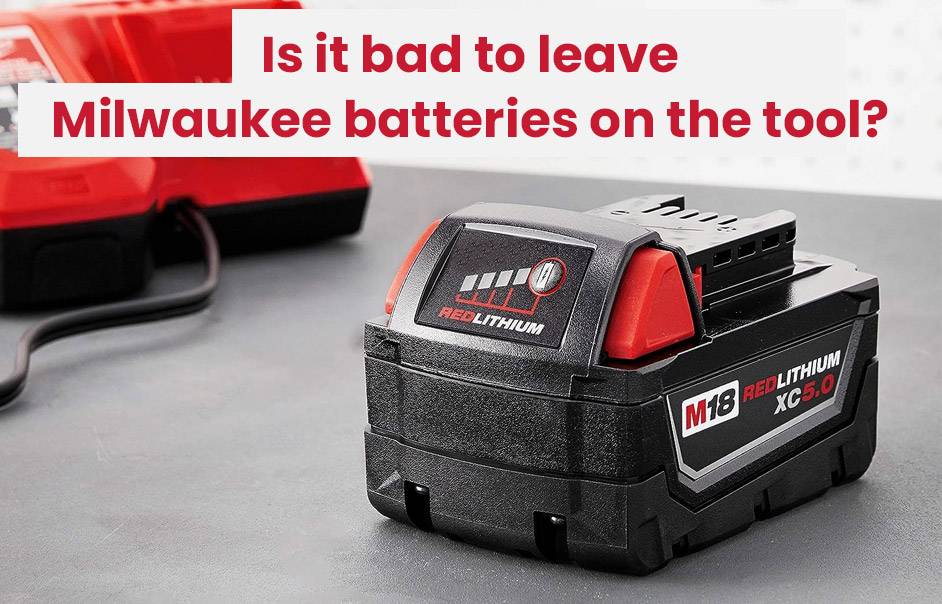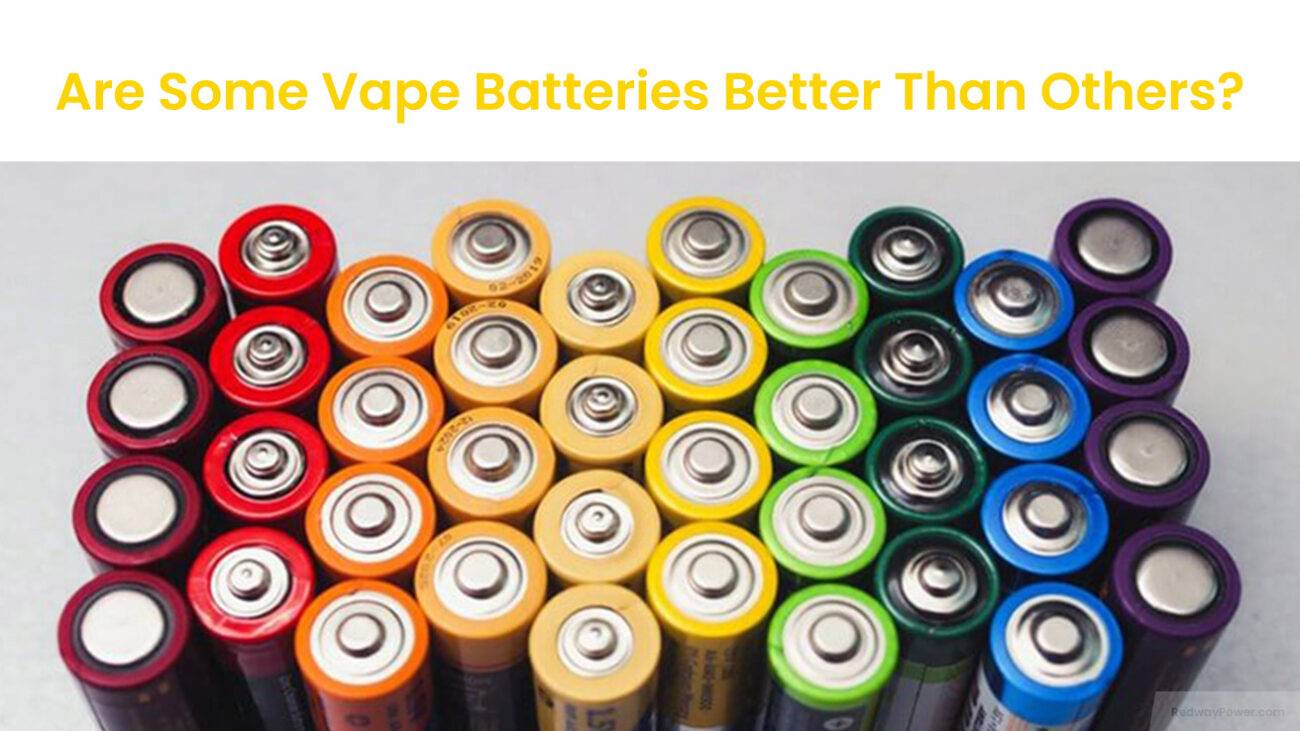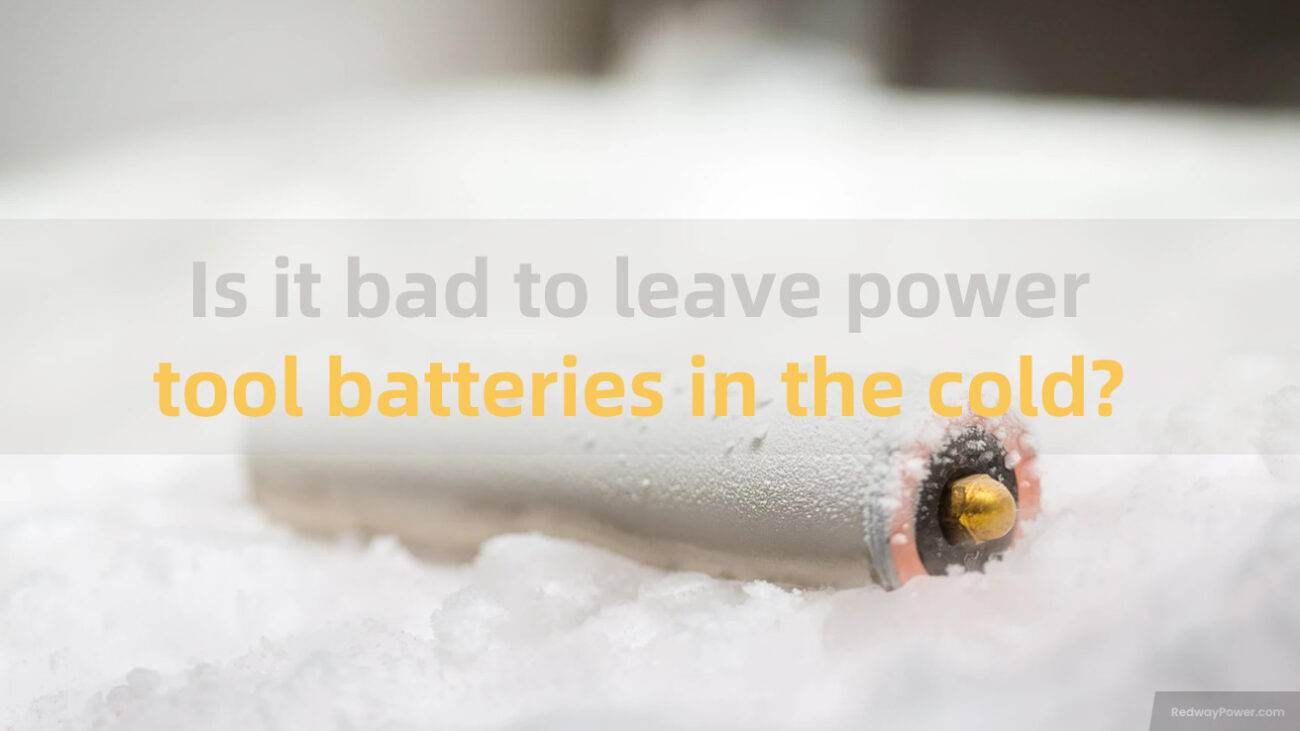Flashlights are an essential tool in any emergency situation or power outage. They provide us with the much-needed light and sense of security when darkness engulfs our world. But have you ever wondered whether it is safe to store batteries in your flashlights? Should you leave them inside, ready for action at a moment’s notice? Well, my fellow flashlight enthusiasts, today we embark on a quest to uncover the truth behind this age-old dilemma. Join me as we explore the pros and cons of storing batteries in flashlights and discover alternative ways to keep these trusty companions by our side. It’s time to shed some light on the matter! So grab your flashlight (with or without batteries) and let’s dive in!
The Importance of Flashlights
Flashlights are like the unsung heroes of our daily lives. They may seem insignificant, but when darkness falls, their importance shines through. Whether you’re camping in the wilderness, experiencing a power outage, or simply navigating your way through a dimly lit basement, flashlights provide us with a sense of security and control.
In times of emergency or crisis situations, flashlights become lifelines. They allow us to see what’s in front of us and make informed decisions. Imagine being stranded on a deserted road at night without any source of light – it’s not an ideal situation.
But beyond emergencies, flashlights also come in handy for everyday tasks. From finding lost items under the bed to fixing that pesky leaky faucet in tight spaces, having a trusty flashlight by your side can save you time and frustration.
Moreover, flashlights serve as essential tools for outdoor enthusiasts and adventurers. Whether you’re exploring caves or hiking through rugged terrains after sunset, these portable sources of light illuminate your path and ensure safe navigation.
All in all, the importance of flashlights cannot be underestimated. They offer comfort during emergencies and enable us to carry out various tasks efficiently. So next time you reach for that flashlight hanging on your wall or tucked away in a drawer somewhere – remember its significance!
The Risks of Storing Batteries in Flashlights
When it comes to storing batteries in flashlights, there are some potential risks that you should be aware of. One risk is the possibility of battery leakage. Over time, batteries can corrode and leak acid, which can damage the internal components of your flashlight. This could lead to decreased performance or even render your flashlight useless.
Another risk is the potential for accidental activation. If a flashlight is stored with batteries installed, there’s always a chance that it could turn on inadvertently. This not only drains the battery life but also poses a fire hazard if left unattended.
Furthermore, storing batteries in flashlights increases the likelihood of losing track of their expiration dates. Batteries have a limited shelf life and using expired ones can result in reduced power output or leakage.
Additionally, extreme temperatures can affect battery performance and longevity. Storing batteries inside a flashlight may expose them to higher temperatures during hot summer months or freezing conditions during winter.
To mitigate these risks, consider removing the batteries from your flashlights when they are not in use. Store them separately in a cool and dry place away from direct sunlight or moisture.
Remember that prevention is better than dealing with potential damages caused by leaked acid or accidental activation due to stored batteries!
Factors to Consider When Deciding to Store Batteries in Flashlights
When it comes to storing batteries in flashlights, there are a few factors you should take into consideration. First and foremost, think about the frequency of use. If you find yourself reaching for your flashlight regularly, it might be more convenient to store the batteries inside. This way, you can grab your flashlight at a moment’s notice without having to search for separate batteries.
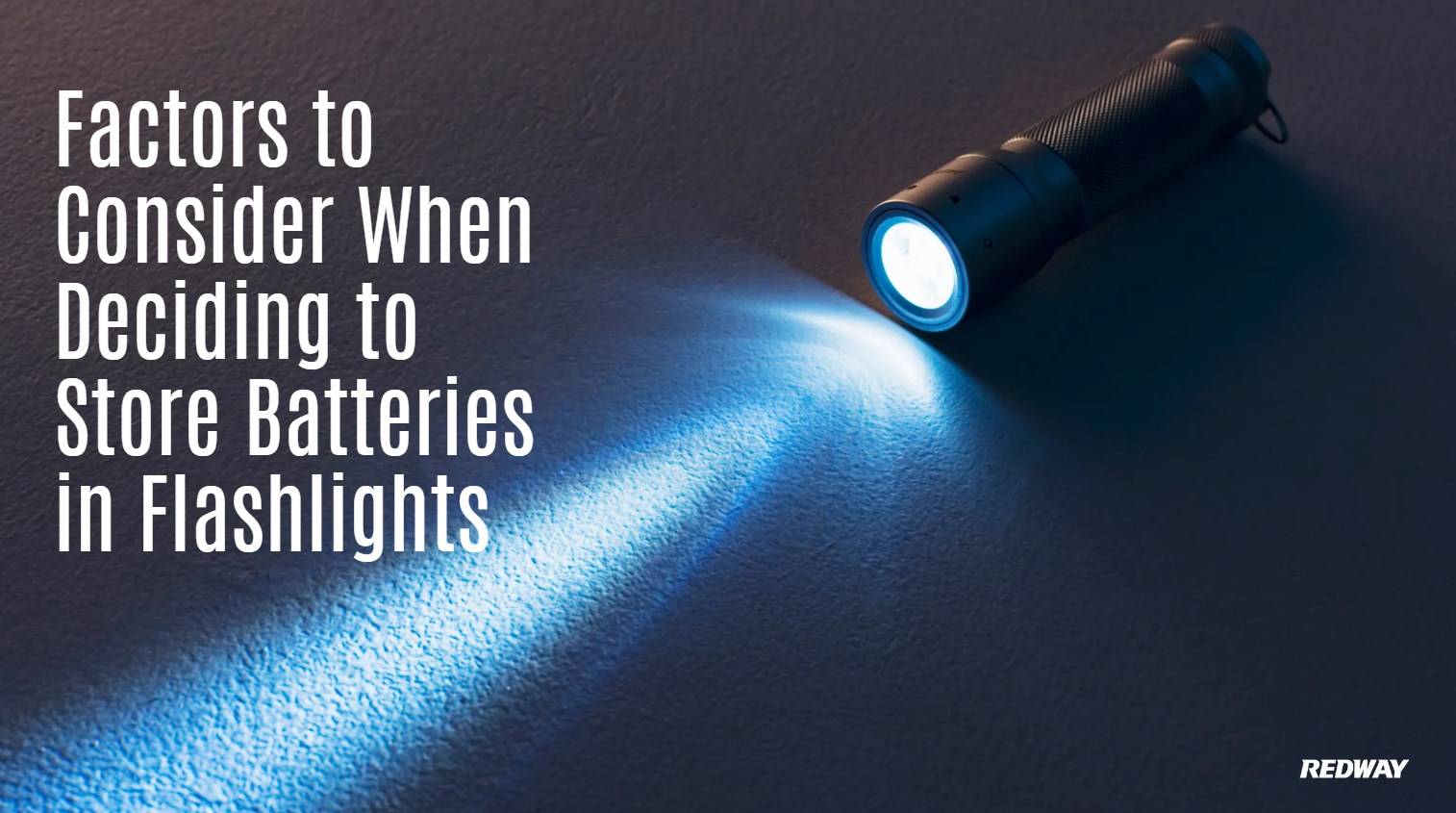
Another factor is the shelf life of the batteries. Some types of batteries have shorter lifespans than others, especially when left unused for long periods. Storing them inside the flashlight could potentially shorten their lifespan even further.
Additionally, consider the storage conditions where you plan on keeping your flashlight and batteries. Extreme temperatures can affect battery performance and overall longevity. If you live in an area with extreme heat or cold, it may be better to keep the batteries separate from the flashlight.
Think about safety concerns. If there are young children or pets in your household who might accidentally turn on the flashlight and drain its battery power, it may be safer to store them separately.
Deciding whether or not to store batteries in flashlights depends on personal preferences and specific circumstances. It’s important to weigh these factors carefully before making a choice that best suits your needs
Pros of Storing Batteries in Flashlights
Storing batteries in flashlights can have its advantages. One of the main benefits is convenience. When you store batteries inside your flashlight, it’s always ready to go when you need it. No more searching for loose batteries and trying to remember which ones are still good.
Another pro is that storing batteries in flashlights helps prolong their lifespan. By keeping the batteries connected to the flashlight, you minimize the risk of corrosion or leakage caused by moisture or temperature fluctuations. This means your flashlight will be more reliable and last longer.
Moreover, having batteries already in your flashlight can save valuable time during emergencies. Imagine a power outage or being caught in a dark alley – with stored batteries, all you need to do is grab your trusty flashlight and switch it on without any delay.
Additionally, storing batteries in flashlights can help prevent accidental battery drain. When loose batteries are lying around, they may come into contact with metal surfaces or each other, causing them to discharge slowly over time. Keeping them securely locked within the flashlight reduces this risk significantly.
Let’s not forget about space-saving benefits! Storing both the flashlight and its accompanying set of spare batteries together eliminates clutter and ensures everything is conveniently organized in one place.
There are several practical advantages to storing your flashlights with their respective batteries inside them – from enhanced convenience and prolonged battery life to quick access during emergencies and efficient use of storage space
Cons of Storing Batteries in Flashlights
Cons of Storing Batteries in Flashlights:
1. Battery Leakage: One major disadvantage of storing batteries in flashlights is the risk of battery leakage. Over time, batteries can corrode and leak acid, which can damage the internal components of the flashlight. This not only affects its functionality but also poses a safety hazard.
2. Reduced Battery Life: Another drawback is that keeping batteries inside flashlights for extended periods can lead to reduced battery life. When left unused, batteries slowly discharge their power, leading to shorter runtime when you actually need it.
3. Malfunctioning Switches: Storing batteries in flashlights increases the chances of switch malfunctions due to corrosion or contact issues between the battery and switch terminals. This can leave you without a functioning flashlight when you need it most.
4. Increased Fire Risk: Although rare, there have been cases where stored batteries in flashlights have caused fires due to short circuits or overheating caused by faulty wiring or damaged insulation.
5. Limited Storage Space: If you store your flashlights with batteries inserted, it may take up more space than if they were stored separately without batteries installed.
Considering these drawbacks, it may be wise to reconsider storing your flashlights with batteries already inserted unless they are being regularly used or are needed for emergency purposes
Alternative Ways to Store Batteries and Flashlights
As we’ve explored the pros and cons of storing batteries in flashlights, it’s clear that there are valid arguments on both sides. The decision to store batteries in your flashlights comes down to personal preference and your specific needs.
However, if you decide that storing batteries in flashlights is not the best option for you, there are alternative ways to store both your batteries and flashlights conveniently and safely:
1. Battery storage containers: Invest in a battery storage container specifically designed to hold various sizes of batteries. These containers keep your batteries organized and protected from damage or accidental discharge.
2. Dedicated flashlight storage: Designate a specific area or drawer for storing your flashlights separately from their batteries. Keep them easily accessible so they can be grabbed quickly during emergencies.
3. Ziplock bags: Place individual sets of flashlight with their corresponding batteries into separate ziplock bags. This method helps keep everything together while protecting against moisture or accidental battery contact.
4. Battery cases: Consider purchasing battery cases designed for different battery sizes. These cases provide secure compartments for each battery type, ensuring easy organization and protection against potential short circuits.
Remember to regularly check the condition of all stored batteries by inspecting them for leaks or corrosion. Dispose of any damaged or expired ones responsibly according to local regulations.
By finding alternative ways to store both your flashlights and their accompanying batteries properly, you can ensure that they will be ready when needed without compromising safety or performance.
So weigh the considerations mentioned earlier carefully before making a decision on whether or not you should store batteries in your flashlights – after all, being prepared for any situation is what matters most!

